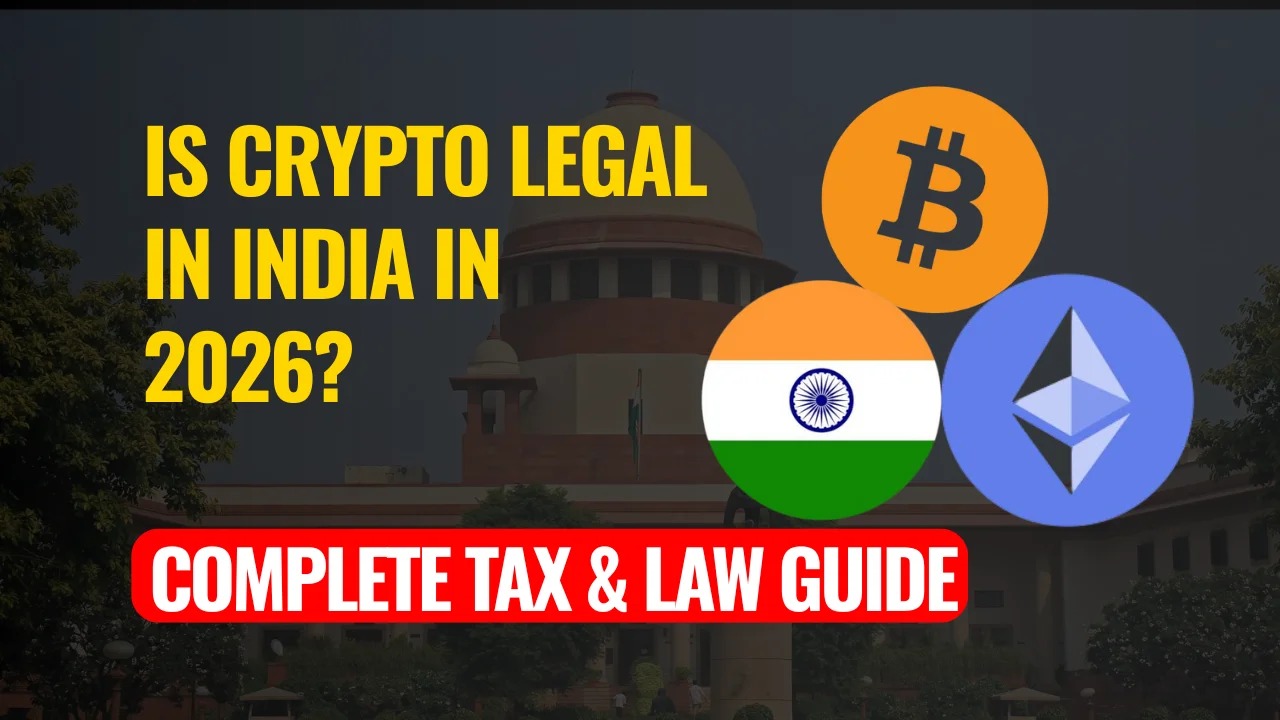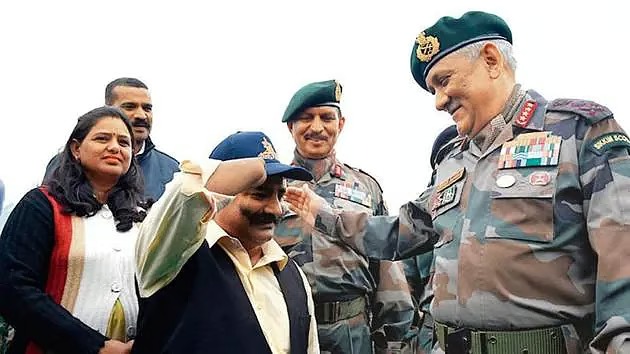R.K. Gulati, J.@mdashThe Petitioner is an armed guard employed at Aligarh in a Branch of Vijaya Bank. On 30.5.1996 he was chargesheeted in respect of several misconducts and other matters and a domestic enquiry has been set up against him. Amongst other charges, by the fifth charge the Petitioner has been accused of gross misconduct. The chargesheet inter alia recites : "by running a furniture lock manufacturing unit M/s. Modest Furniture Lock, Aligarh as your proprietorship concern, for which you had fraudulently availed loans from Uttar Pradesh Financial Corporation. Aligarh and Union Bank of India, Aligarh by misleading/withholding Information, you have been gainfully engaged in private business outside the scope of your duties/service with Vijaya Bank which constituted "gross misconduct" under Sub-clause (a) of Clause 19.5 of Chapter XIX of the Bipartite Settlement. 1966.
2. The Chief Manager, Vijaya Bank. R. S. M. Nagar Eranch, Lucknow, the third Respondent was appointed as an Inquiry Officer, who submitted his report dated 7.2.1997 to the Disciplinary Authority, the Deputy General Manager. Vijaya Bank, Bangalore, arrayed as second Respondent. On consideration of the report, the Disciplinary Authority directed the Inquiry Officer to reopen the inquiry and to submit an additional report taking into account additional documents and examination of the Additional Management witnesses, if any. by the Presenting Officer after affording an opportunity to Petitioner for cross-examination, if desired. The order of the Disciplinary Authority dated 15.3.1997 to the extent it is relevant was to the following effect:
After considering the enquiry proceedings and the connected records, since the Presenting Officer has submitted the subject additional documents along with his written brief dated 13.12.1996, which have not been examined/cross-examined during the course of the enquiry, taking into account the vital significance of the subject additional documents in respect of the Charge No. 5 levelled against the C.S.E., 1 deem it appropriate to re-open the enquiry for the specific purpose of production of the subject additional documents and the examination of the additional management witnesses, if any, by the Presenting Officer, and to give opportunity to the defence to cross-examine the same, if desired.
You are, therefore, advised to reopen the aforesaid enquiry as the Inquiry Officer, complete the enquiry proceedings and resubmit your enquiry report and findings to the undersigned in quadruplicate with all the connected papers within a period of 1-1/2 months.
3. The Inquiry Officer by his letter/order, dated 26th March, 1997 informed the Petitioner that he would hold further enquiry 17.4.1997 and the Petitioner was advised to attend the same on that date and on the subsequent dates if so required. However, if the Petitioner failed to appear, the inquiry would proceed in his absence.
4. Challenging the orders of the Disciplinary Authority and that of the Inquiry Officer referred hereinabove, this writ petition has been preferred seeking quashing of those two orders.
5. Heard learned Counsel for the Petitioner and Mr. V. B. Singh, who accepted notice on behalf of the Respondents.
6. The only contention urged on behalf of the Petitioner was that the Disciplinary Authority exceeded its jurisdiction in directing the reopening of the inquiry inasmuch as, once the inquiry report is submitted, the disciplinary authority has the option either to accept or reject the inquiry report but it could not legally direct further inquiry into the matter.
7. I have considered the submission carefully. In my opinion, it is without any substance. There can be no denial of the legal position that an Inquiry Officer holds the inquiry against the delinquent employee as a delegate of the appointing/disciplinary authority. The object of the inquiry is plain. It is to enable the authority which appoints the Inquiry Officer to hold an investigation into the charges framed against its delinquent servant so that the said authority in due course can consider the case adduced and decide whether the charges levied against the delinquent are proved or not. The interposition of an inquiry which is held by a duly appointed Inquiry Officer does not alter the true legal position that the charges are framed by the appointing/or disciplinary authority and it is for the concerned authority empowered to impose punishment on the erring servant. It is settled both in the field of public and private employment as a common rule that the findings of Inquiry Officer are not binding on the Disciplinary Authority. It is entitled to consider the report and the evidence led against the delinquent servant, and to decide for itself as to whether the material in the enquiry has established the charge and if so, what punishment could be awarded to the person against whom the inquiry is held. The Disciplinary Authority may agree with the report or may differ either wholly or partially from the conclusions reported by the Inquiry Officer. In other words, the findings recorded by the Inquiry Officer do not conclude the matter and this is implicit by virtue of the status and functions of the Disciplinary Authority which it has to perform as a Disciplinary Authority, that it must independently apply its mind to the report made by the Inquiry Officer. In other words, after the consideration of the enquiry report, the Disciplinary Authority has an inherent power to come to its own conclusion with regard to the correctness of the enquiry report in respect of all matters including the manner in which the enquiry was conducted amongst others. It may be observed that the law does not contemplate successive enquiries. However, it may be possible if in a given case there has been no proper enquiry because some serious defect has crept into the enquiry or some important witnesses were not available at the time of the enquiry or were not examined for some reason or the other, the Disciplinary Authority may send back the matter to the Inquiry Officer asking him to record further evidence or for the purposes of curing the defects, if there have been any, in conducting the enquiry.
8. To put it differently, on the submission of the enquiry report, the Disciplinary Authority may adopt anyone of the three courses open to it, namely, (i) it may accept the report of the Inquiry Officer and proceed accordingly in accordance with law; (ii) where the proceedings have been duly conducted and there is no denial of reasonable opportunity or the violations of the principles of natural justice but the view expressed by the Inquiry Officer, in the opinion of the disciplinary/punishing authority, is not correct, it may come to a different decision and may proceed to decide the matter for itself after putting the delinquent to notice and observing other legal procedure in that behalf; and (iii) where the proceedings had not been duly conducted the disciplinary/punishing authority may direct fresh enquiry or itself hear the case.
9. The contention that the Disciplinary Authority in all eventualities has no power to re-open the inquiry, cannot, therefore, be accepted. The suggestion of the learned Counsel for the Petitioner that after the Inquiry Officer has expressed his opinion and submitted the report, it is final and the door is closed forever against the erring employee insofaras the Inquiry Officer is concerned, cannot be accepted in absence of any legal principles, rules or regulations governing the service conditions of the Petitioner. It is clear from the directions given in the order dated 15.3.1997 extracted above, that the Inquiry Officer did not examine the additional documents which were produced by the Presenting Officer during the course of enquiry. The evidence adduced with written brief dated 13.12.1996 in the opinion of the Disciplinary Authority was of vital significance in respect of the fifth charge. It is not the case of the Petitioner that the additional documents in respect of which a supplementary inquiry report was sought from the Inquiry Officer were not relevant or had no bearing on the charge that was being enquired into. In a situation, as already stated, where the report of the Inquiry Officer is not found acceptable for reasons inter alia that the Inquiry Officer did not consider certain relevant material to come to the conclusion he had reached, the Disciplinary Authority may be well justified if it decides to send the matter back to :he Inquiry Officer for further consideration or it may proceed with the enquiry itself. Now what could be done by the Disciplinary Authority directly, there seems no good reasons as to why the Disciplinary Authority could not direct the Inquiry Officer to examine further evidence and the material which had been placed on record during the course of enquiry which was earlier omitted from consideration. The Disciplinary Authority was certainly not bound by the decision of the Inquiry Officer with regard to inadmissibility or otherwise refusing to entertain the additional evidence and it was within its competence to overrule the decision of the Inquiry Officer with the direction to make a further enquiry and to submit additional report. This is what exactly had been done by the Disciplinary Authority in the instant case.
10. It may be observed that different considerations may arise where the Disciplinary Authority accepted the report of the Inquiry Officer and had taken a final decision in the matter. As this situation has not arisen in the present case, it is not necessary to dwell upon that aspect of the matter.
11. In view of the above discussion, the impugned orders do not suffer from any legal infirmity which may call for any interference by this Court.

